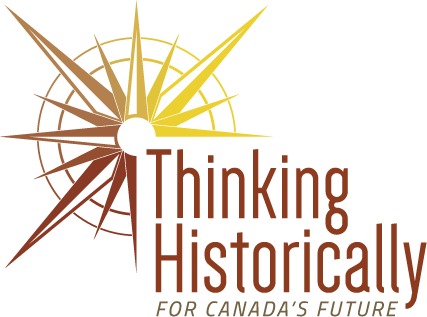Lesley Facey
French Immersion Teacher
Lesley teaches French Immersion at Brookside Intermediate, an urban Newfoundland school with students from Grades 5 to 9. The school is situated in a commuter town just outside the province’s capital city, in a socioeconomically advantaged context with strong parental support and well-resourced classrooms. As part of a unified provincial school board, Lesley ‘s teaching is influenced by efforts to represent the diverse regions of Newfoundland and Labrador, including rural, outport, and Indigenous communities, in a standard curriculum. Although the formal social studies curriculum has not undergone major revisions recently, there has been a growing push to incorporate contemporary themes, including colonization, Indigenous perspectives, and cultural diversity. While Lesley’s earlier teaching experiences were in homogenous, predominantly white English-speaking communities, her current school has seen an increase in immigrant and refugee families. This shift has led her to embrace a more inclusive and participatory approach to social studies education. In her Grade 6 World Cultures class, for example, she regularly invites parents and community members to share cultural practices and traditions, such as Diwali and Ramadan, which allows students to engage with history and culture through lived experiences. Opportunities like this, which demonstrate authentic voices and personal histories, promote a deeper level of empathy and reflection among students.
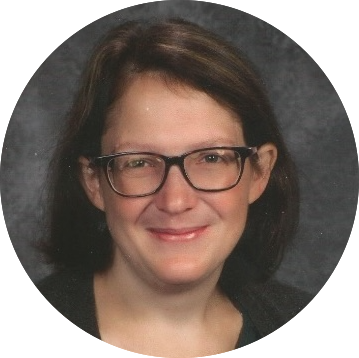
Brookside Intermediate
Portugal Cove – St. Phillip’s, Newfoundland and Labrador
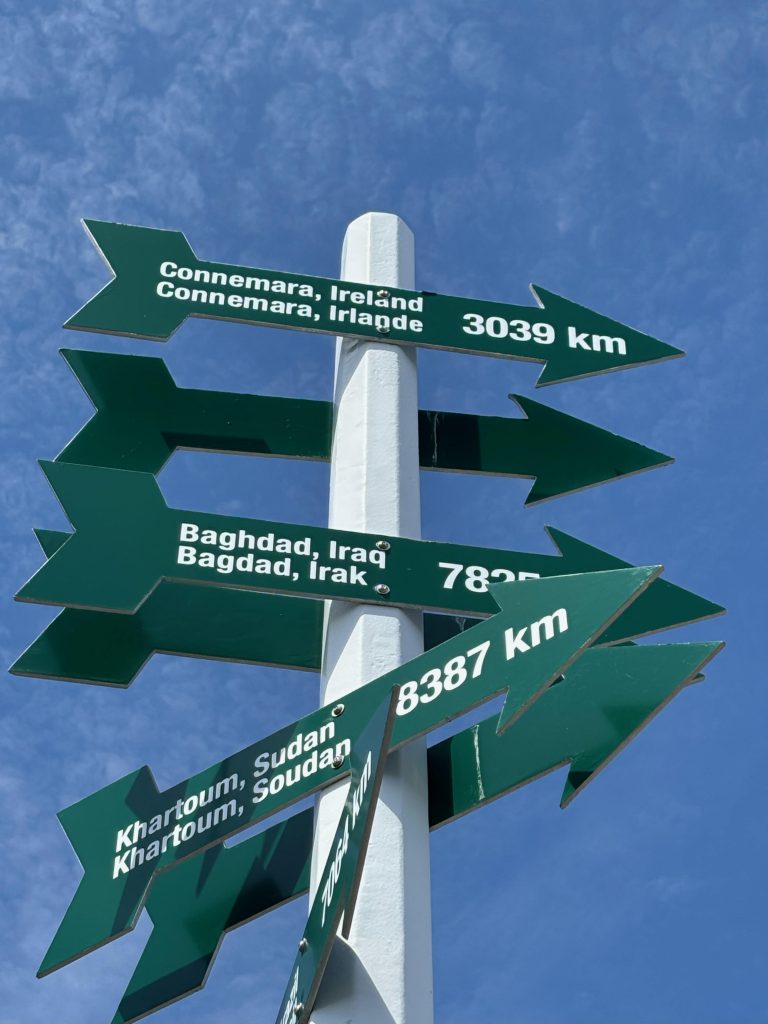
Teaching & Learning
Lesley spoke candidly about how her identity shapes the way she teaches history. Born into a family of English and Scottish descent in one of Newfoundland’s outport communities, Lesley doesn’t feel she has a particularly “interesting” origin story. However, she has learned to embrace her personal history and share it with her students in ways that spark curiosity and reflection.
“It’s still my story,” she tells them, pulling out her grandfather’s Merchant Marine booklet, stamped “Citizen of the British Empire.” In these moments, students are often stunned to learn that Newfoundland only joined Canada in 1949 and that her father was born not as a Canadian but as a British subject. These stories offer a tangible connection to political history, colonial legacies, and shifting national identities, all told through a personal lens.
Lesley is also the mother of an adopted son, born in another country and culture, whose presence in her life has reshaped her approach to inclusion and memory. In their home, the Canadian flag hangs side by side with the flag of her son’s heritage, and she proudly frames his citizenship certificate alongside her degrees.
“I’m Canadian. But we’ve kept my son’s culture and we acknowledge where he came from. We acknowledge the food that he came from and all those little bits of his life that he had. We didn’t force that to go away,” she says. From food and language to bedtime rituals, Lesley integrates her son’s cultural background into their daily life. In the classroom, this commitment reinforces her approach to teaching, which values authenticity, fosters empathy, and makes space for histories that are both deeply personal and globally interconnected.
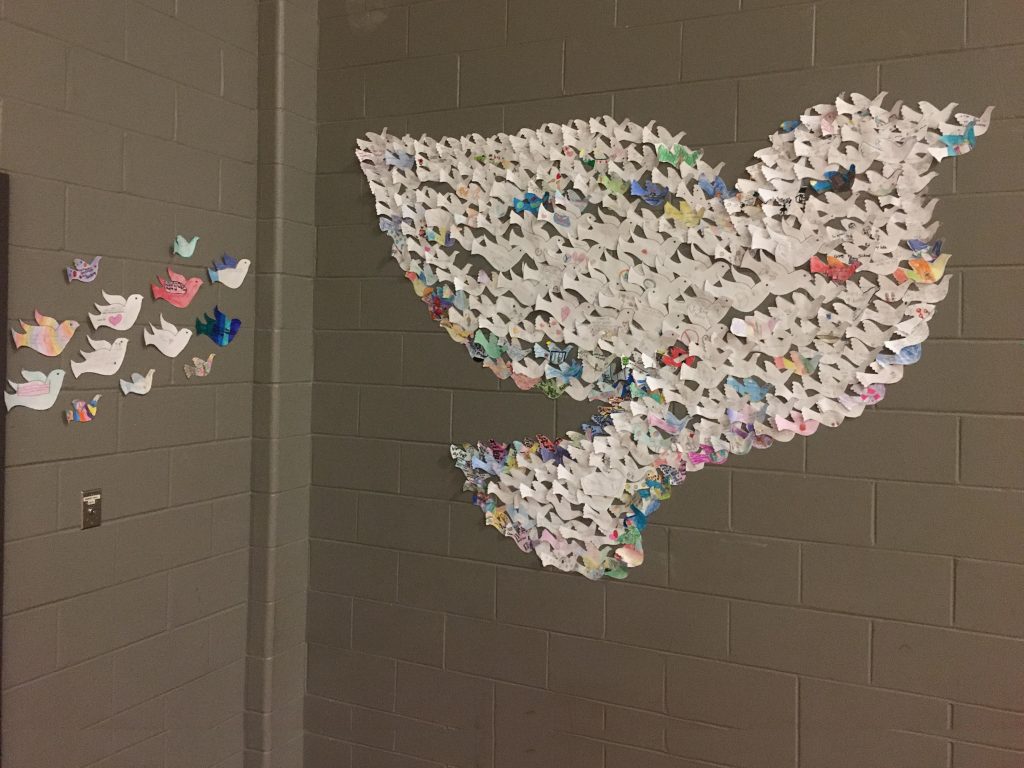
Indigenous Knowledges
Lesley spoke about the importance of integrating Indigenous histories, knowledge, and perspectives into her teaching, which she described as a significant and necessary shift from her own educational background. Growing up in Newfoundland, she never learned about residential schools.
“When I finally learned they existed,” she recalled, “they were described as something that was back in the 1800s. And now I know that the last one didn’t close till 1997. I was in grade nine at that time. That’s alarming—that I sat in grade nine and didn’t know it was happening.”
Lesley is committed to helping her students understand not just the history but the ongoing legacies of colonial harm. Her approach includes classroom discussions about the Truth and Reconciliation Commission’s Calls to Action, which she explores with students through a critical lens.
“We still have only achieved fourteen of the goals,” she tells them, prompting the class to ask, “Why is it taking so long?” For Lesley, that question indicates that her students are part of the generation that can push for real change.
Lesley discussed the authentic voices and experiences of Indigenous people themselves. “They know more than I could ever know,” she said. Rather than speaking for others, she curates opportunities for students to learn directly from Indigenous knowledge holders through media, storytelling, music, and art. One example that stood out to her was a national livestream series for Truth and Reconciliation Week, which incorporated traditional drumming, dances, legends, and cooking demonstrations into the classroom in real time. These experiences didn’t just inform students; they moved them. Lesley used the school’s smart boards to stream live programming from across the country, followed by class discussions and opportunities to interact with presenters. Through these immersive and relational experiences, she helps students engage with Indigenous knowledge as a living, ongoing presence that expands their understanding of history, justice, and community.
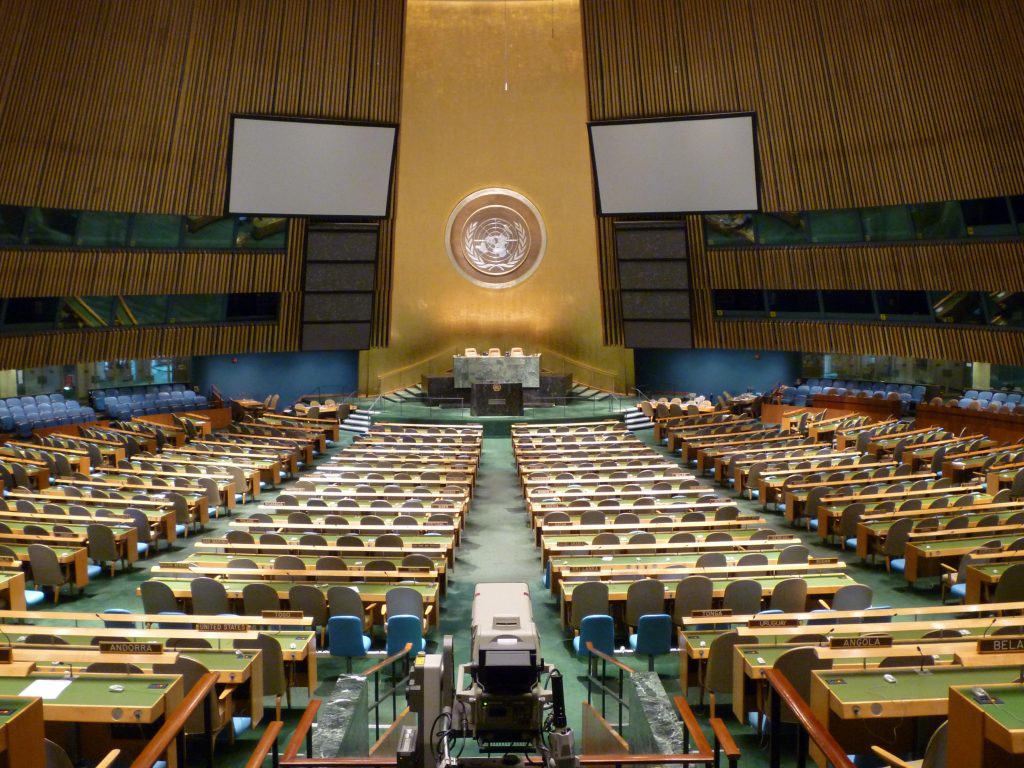
Historical Thinking
Lesley’s approach to teaching historical thinking comes from lived experience, passionate mentors, and a love for storytelling, politics, and maps. She vividly recalled her Grade 12 social studies teacher, who flipped the script on traditional instruction from day one by saying, “‘here’s your textbook,’ and taking it and dropping it on the floor.” Instead of rote memorization, he offered open-ended projects, hands-on simulations, and provocations that made students feel like historians, diplomats, and critical thinkers. As a student, Lesley combined her love of sports and politics in a project on the Olympic Games, while classmates tackled topics such as the breakup of the Soviet Union or Cold War allegories in The Butter Battle Book. Two decades later, she still draws from that teacher’s playbook, recognizing that giving students autonomy and purpose is far more potent than teaching to the test.
Now, Lesley initiates student-centred activities. Her Model United Nations allows students to research global issues, choose countries, dress in business attire, and debate in formal assemblies with all the passion of real diplomats. Lesley has spoken at the actual UN in New York herself during a collegiate Model UN and chairs the Model UN sessions using the same procedures as international delegates. She described her visit to the UN in New York as “amazing” and noted that they “sat in the actual UN, the actual seats with the voting machines, debating a resolution.” Lesley also adopted a complete Model Parliament unit for elementary students after attending the Teachers Institute on Canadian Parliamentary Democracy.
Whether it’s reenacting global summits or transforming a classroom into a parliamentary chamber, Lesley is not just teaching history; she’s giving students the tools and confidence to become part of it.
Co-created by Lesley Facey and Christine Cheng
